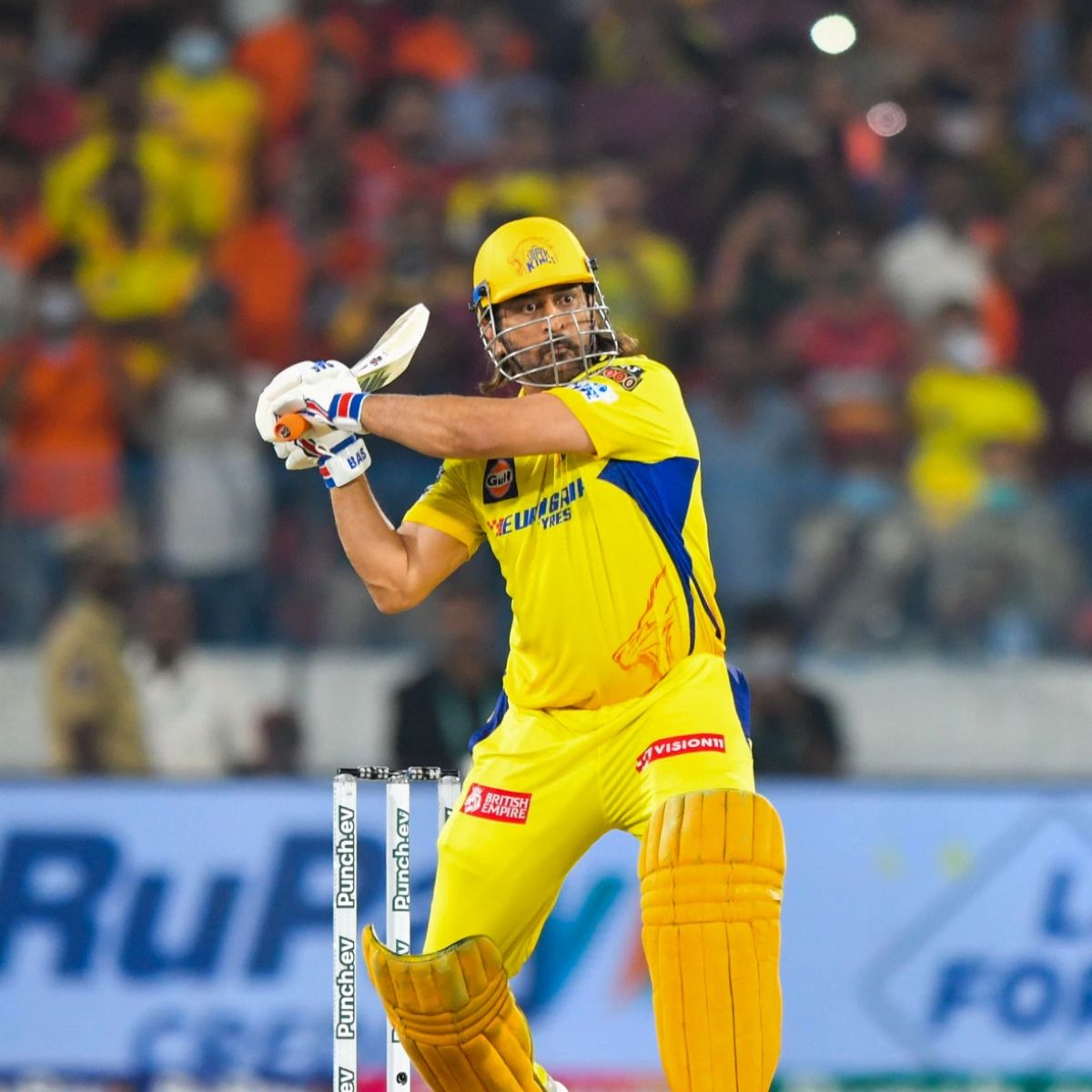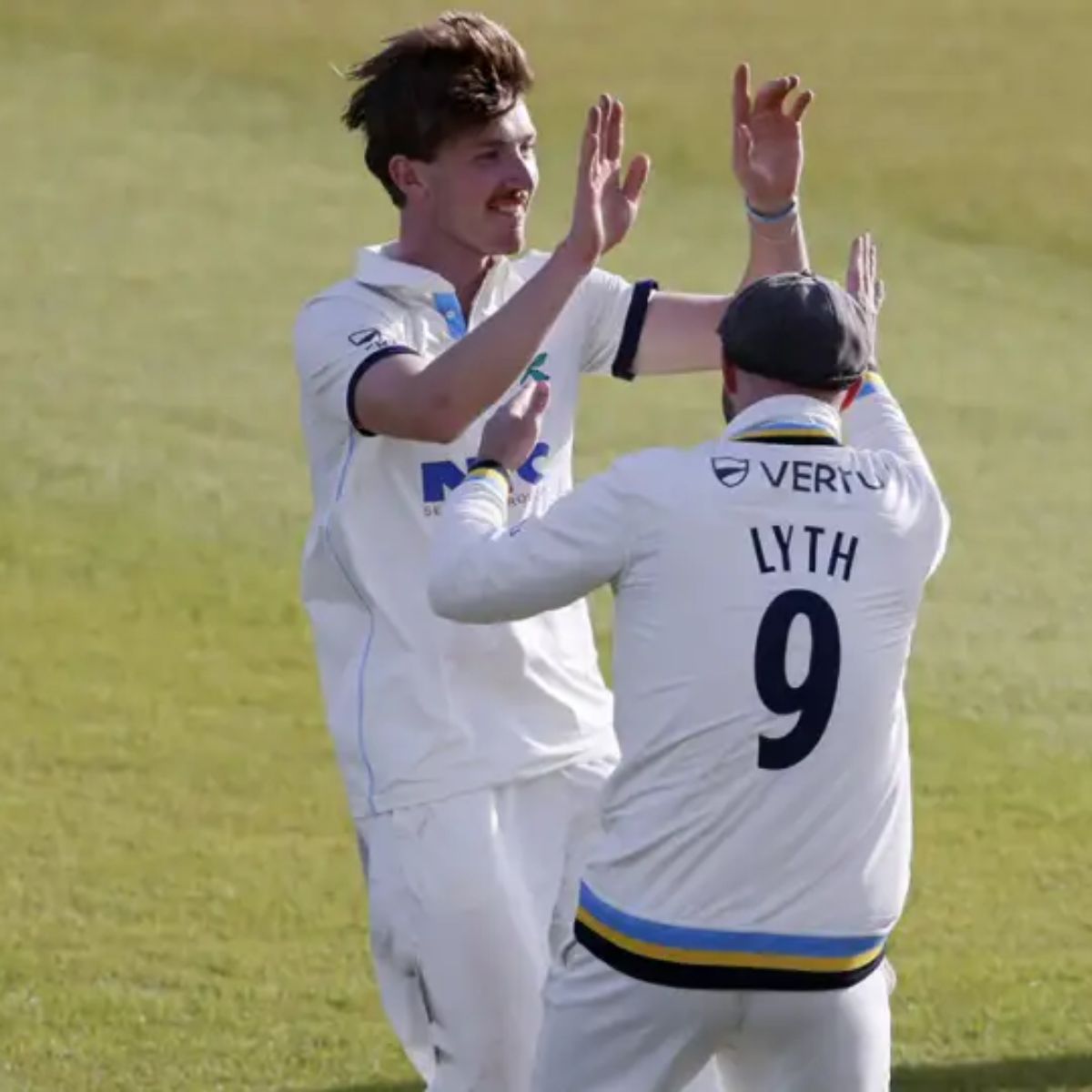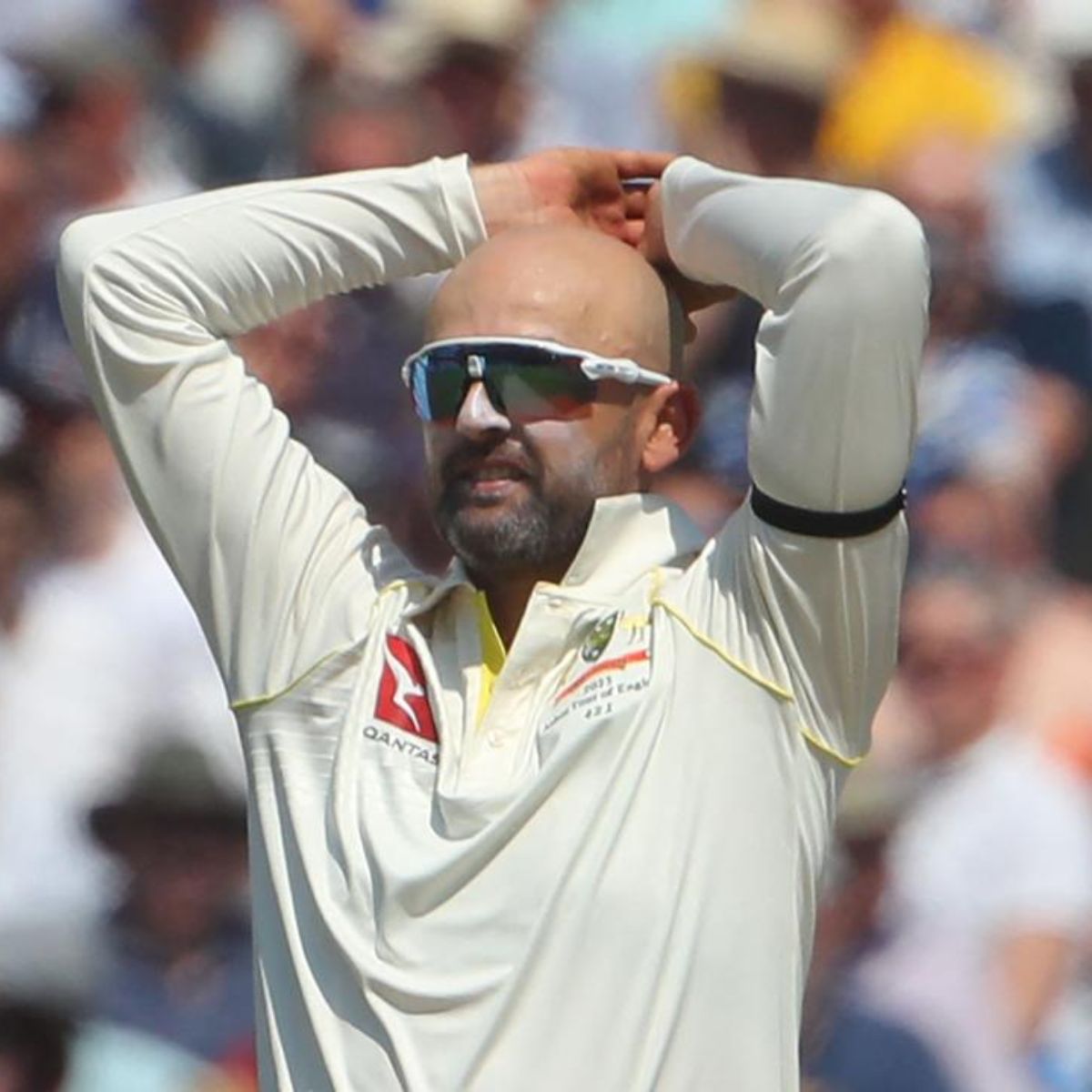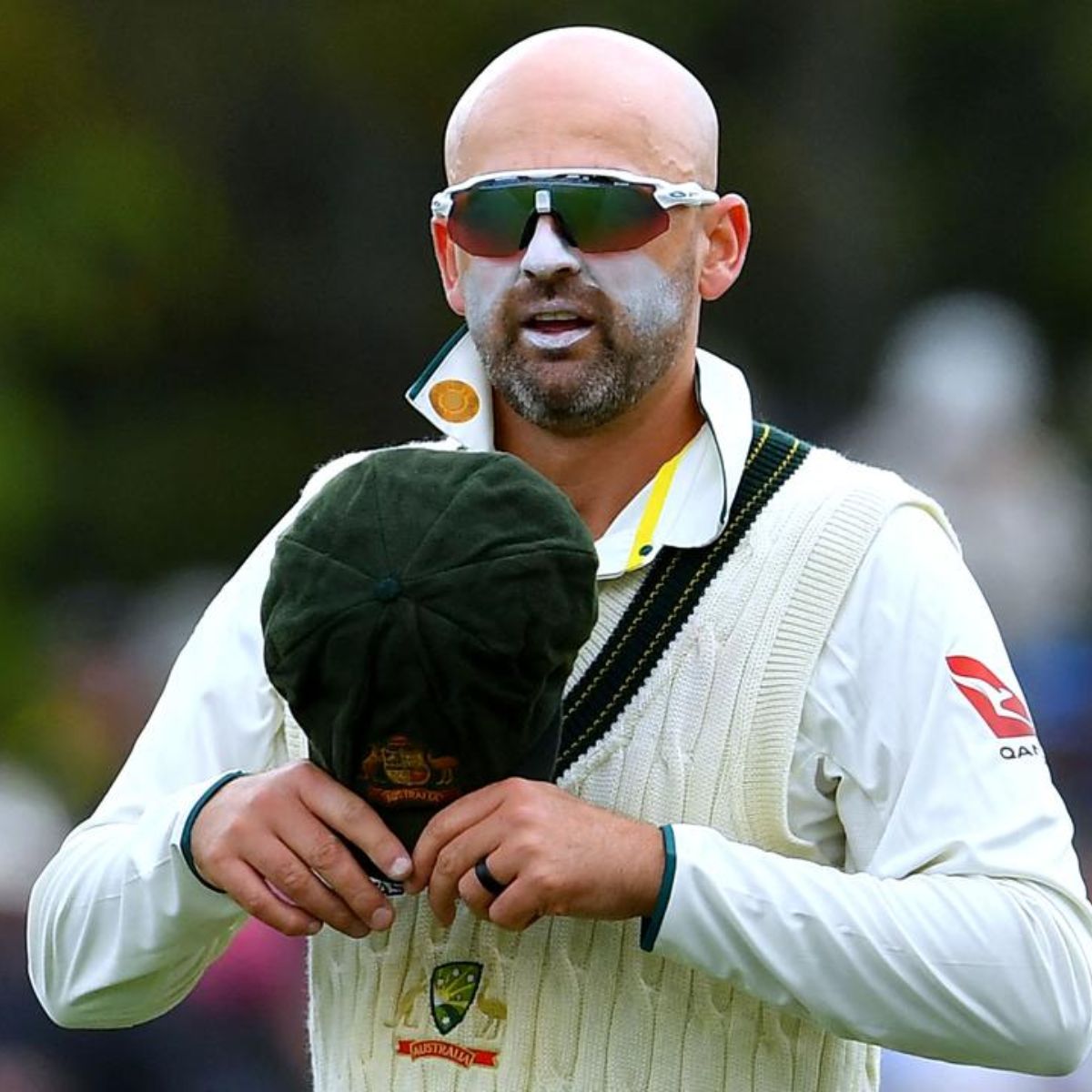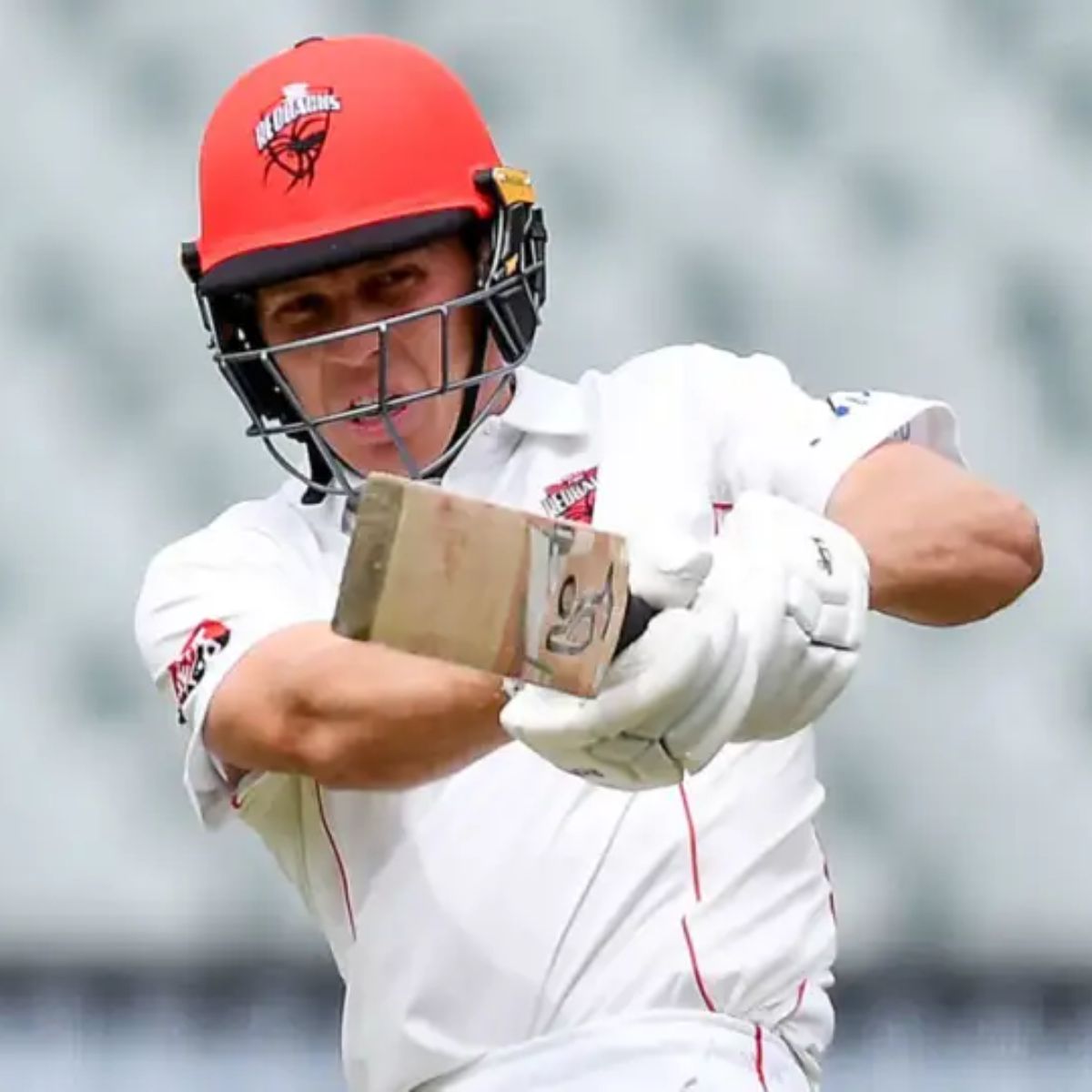SCOTTSDALE, Ariz. — Before Kris Bryant ever set foot on a big league diamond, there was a billboard erected near Wrigley Field that featured his image. “Worth the wait,” the sign read, with Bryant in a Chicago Cubs uniform he had yet to wear in a real game.
:format(jpeg)/cdn.vox-cdn.com/uploads/chorus_image/image/55602085/usa_today_10135096.0.jpg)
This was Bryant’s identity nine years ago: Wunderkind savior of a downtrodden franchise, the weight of six straight playoff-less seasons backed by a century-long championship drought placed squarely on his shoulders. Bryant’s debut signaled the end of misery on the North Side.
“Looking back on it — honestly I wish things went a little differently,” Bryant told The Athletic in an interview last week.
“I didn’t know that (billboard) was going to be up there. But if I did, I probably would have been like, ‘Let’s not do that. Let me just go out there and play ball and let me be who I am.’”
Pressure. Expectations. The scrutiny of the public eye. All things that have defined Bryant’s life in this game, first with the Cubs and now, in a different way, with the Colorado Rockies.
Bryant won a Rookie of the Year, an MVP and a World Series in the span of two seasons upon his call-up. The early returns hinted at a Hall of Fame career.
Now 32, Bryant stood inside the Rockies clubhouse on an early morning before the first spring training game. The billboards are gone. The expectations are too. Cooperstown? That’s not likely to happen either.
“There’s so much desire to be the best you can be. Be the best in the game. Get to the mountaintop,” Bryant said. “But at the same time, as I’m getting older, you have to have the right perspective to first get to that point. I think at certain times throughout my career, I’ve lost some perspective and it’s made me spiral more than I need to.”
It might be tempting to make a connection between a career that unwillingly started with that billboard episode and an in-his-prime star later signing a seven-year, $182 million contract to play for a bad team that exists in baseball obscurity. But Bryant insists that the genesis of this unlikely marriage is more closely tied to a set of rushed circumstances — and perhaps his misjudging the state of the Rockies’ farm system, and how ready they were to compete.
Bryant began discussions with the Rockies before the lockout started late in December 2021. When it ended three months later, everyone was reporting to camp. But not him. And because of that, he felt the need to make a decision.
“It’s like, ‘Oh shoot, I need to get there,’” Bryant said. “There were other teams interested, but I didn’t want to wait around. … It was a completely different situation for a lot of free agents at the time. I guess I didn’t do as much research into the prospects as I could.”
It’s a decision that he now has to live with for the next five years.
When Bryant signed with the Rockies, the team had just eaten around $50 million to ship their previous superstar third baseman, Nolan Arenado, to St. Louis. There were few other established players on the roster. A pathway to contention seemed unlikely, even with Bryant in the fold, making the deal something of a head-scratcher from both sides.
“He was a good player to add with some of the young guys coming up, and what we had at the time,” said Rockies GM Bill Schmidt when asked why they’d sign Bryant and make no other major acquisitions when coming off of three sub-.500 seasons. “There’s nothing more than that.”
That hoped-for upward trajectory hasn’t played out at all, however; the young players haven’t changed Colorado’s fortunes. Schmidt offered no acknowledgment of any miscalculation on just how ready his club was to begin contending. He also sounded less than bullish when asked if he felt this club could be competitive, as currently constituted.
“I like our young players. They showed up good in camp here,” Schmidt responded. “We’re looking forward to the season.”
No matter how well those young players do, no one would mistake this Rockies team for the mid-2010s Cubs, which is something of a double-edged sword. There are no expectations of a great, sudden leap, and few are demanding playoff appearances, either. To succeed, they will have to shock the baseball world — and there is a certain freedom that comes with that.
“As a player, it’s an easier spot to be in,” Bryant said. “Because you don’t really have that outside pressure, like the Dodgers are going to have. They invest a lot of money in good players. So they have to go out there and win. For us, we can be someone that nobody talks about.”

Bryant’s numbers in Colorado have significantly underwhelmed, which he says is entirely due to injuries. (John E. Moore III / Getty Images)
Even if he has a bounce-back year, Bryant is not expected to singlehandedly carry this club to the postseason. But there is a desire for Bryant to live up to both his contract and the standard he’s established for himself. However, things have only gotten worse for him in the last two years. He’s played 122 games total over two injury-marred seasons, posting a paltry .680 OPS in 80 games last year. All of his exit velocity numbers have dipped precipitously. His hard-hit percentage was just 31.5 percent in 2023. That’s way down from his rookie season (43.8 percent) and his career average (36.8 percent).
His expected slugging percentage was .548 in his MVP season. Last year, it was .413. His barrel percentage was 6 percent last year. His career average is 9.6 percent.
By the numbers, Bryant’s ability to square up the ball is seemingly in free fall. He said that injuries are “solely” at fault — namely the plantar fasciitis in 2022 and a broken finger last year. He added that finding an offensive groove is difficult with inconsistent availability.
There’s nothing off mechanically, he said. And there are no lingering ailments that could explain the drop-off. While his manager Bud Black agrees that injuries have debilitated his production, he believes that Bryant has also faced a familiar foe during his time in Colorado.
“There’s so many factors that go into how a player’s doing,” said Black. “We talk about the psychology of it. But only Kris really knows. But from his conversations with me — he put a lot of pressure on himself early, the first year. Big contract. New team. Signed late. Came to camp late. The pressure that players put on themselves is real.”
Bryant may be a superstar in this game. But he’s also low-key and soft-spoken. Friendly but not necessarily incredibly outgoing. Just because that star label was attached to him immediately does not mean he loved everything that came along with it.
Schmidt made a point of saying that he never acquired Bryant to be the face of their franchise. “I just wanted him to be one of the guys.” Bryant’s hitting coach in Chicago, John Mallee, immediately brought up that now infamous billboard as a point of consternation.
“I’m sure being there, and signing a big contract — he’s such a good person. He doesn’t want to let his teammates down. He tries so hard,” Mallee said. “That’s a compliment to him, in a way, that he cares so much that he feels like if he isn’t performing, he’s letting the team down. We were trying to talk him out of that.”

Bryant had great success as part of a storied core in Chicago. (Kamil Krzaczynski / USA TODAY)
Bryant likes many things about his situation. He likes being a guy that younger players can lean on. He also takes gratification in seeing those aforementioned prospects get the call-up and perform. When Bryant talks about his 2024 spring and upcoming season, he says he wants to find joy in it. That doesn’t have to mean making an out-of-nowhere playoff run or putting together a monster statistical season.
He wants this to feel like the kid’s game in the same way it did before the billboards and the contracts. Back when he could skip school on a Friday to play in a tournament with his friends.
“I feel like when you do something for so long, sometimes you lose touch with the reality of the situation and how cool it is,” Bryant said. “You kind of take it for granted sometimes. I don’t take it for granted. But I think we all fall into that mindset sometimes. It’s a privilege to play this game.”
Bryant will make $28 million this season. Then $27 million in each of the four years that follow. Regardless of his mindset, there’s an undeniable reality that he’s expected to play and perform. He understands that there are fans of his, and of baseball, that just don’t get why he went to the Rockies. He isn’t running from that, nor is he internalizing it; he might be more anonymous, but he’s not oblivious.
“At the end of the day, it does me no good to look into what other people are saying,” Bryant said. “What people say, what people do, what people write, what people tweet, it doesn’t matter. It really doesn’t matter.”
“Why would I let any narrative out there take me away from doing the work I need to do on a daily basis? I’m out there giving it all I got. I want to be on the field, I want to play, I want to do well. And that’s really all I can ask out of myself.”
But Bryant is now healthy. He belted his first homer of the spring on Monday, utilizing a seemingly identical swing to the one that netted him 39 bombs for a World Series champion.
A long time has passed since then. But Bryant believes he can still be that player that everyone knows and loves. Even if he doesn’t want to feel like he has to be.
“Yeah of course. Of course,” Bryant said defiantly of his ability to be his old self. “It may look a little different. It may be a step slower, or whatever. That happens as you get older. But I feel like when you have enough desire to do well — and desire to be good at the game — that can overtake any mile or two in exit velocity that you lose.”
